ボクシングで、ワンツーが決まった後にラッシュをかけるのは定石だそうですが、ワンツー後の次の一手が、手だけで当てに行くパンチになってしまい有効打にならない事が多いとある世界チャンピオンが解説していました。
ワンツーが上手く決まったことで、ここはチャンス、一気に仕留めなければと気持ちが焦ることで、結果、手だけでパンチを打ってしまうボクサーが多いそうです。
一方、確実に勝ちに行けるボクサーは、ワンツーが決まった後も、落ち着いて自分の足腰に重心を定めた後、全体重をかけたパンチを打つ事ができるそうです。
空手や合気道でも、確かに”基本の型”がとても重要だと聞きますが、武道だけでなく、何か集中力を高めて自分のパフォーマンスを最大限に生かすためには、この基本の型に戻る、もしくは意識することが大切なのではないかと思いました。
以前のブログでも紹介させていただきましたが、私の場合、英語の音読を日課としていますが、英語を読む時には、常に肚を使うことを意識しています。
また、集中力が切れてきたときはダラダラと続けるのではなく、一旦中断して、自分の心を整えてから音読することにしています。ここで言う整えるとは、今、英文の一語一句を噛み締めながらインプットするという意識を持ってから読み始めることを意味します。
ちなみに、武道や伝承芸など昔から型を重んじる文化が古くから日本にはあったと思いますが、日本の職人さんの凄腕などもこの型を代々継承して磨かれていった例だと思いました。
私自身、英語は語学として見るよりも、どちらかと言うと、自分がどこまでで極めることができるのか修行の対象、つまり英語道として見ているところがあるので、余計に型が大事だと思っているのかもしれません。
(English)
In boxing, it is standard practice to rush after a one-two, but a world champion once explained that the next move after the one-two is often a punch that is applied only with the hands, and does not become an effective strike.
He said that many boxers become impatient after a successful one-two, thinking that they have a chance to finish the fight, and as a result, they end up punching only with their hands.
On the other hand, a boxer who is sure to win is able to calmly set his center of gravity on his feet and legs after the one-two is decided, and then throw a punch with all his weight.I’ve heard that the “basic kata” is very important in karate and aikido as well, but I thought it would be important to return to or be aware of this basic kata not only in martial arts but also in any other way to improve concentration and maximize one’s performance.As I mentioned in my previous blog, I have a daily routine of reading English aloud, and I always make a point of using my mind when reading English.
Also, when I start to lose my concentration, I stop and read aloud after preparing my mind, rather than continuing in a lazy manner.
The word “prepare” here means that I start reading with the awareness that I am now inputting every word of the English text as I chew on it.
Incidentally, I believe that Japan has long had a culture that values kata, such as in martial arts and traditional arts, and I thought that the great skills of Japanese craftsmen are an example of how these kata have been passed down from generation to generation and refined.
I myself do not look at English as a language, but rather as an object of training to see how far I can go to master it, in other words, as a way of learning English, which is why I think kata is even more important.



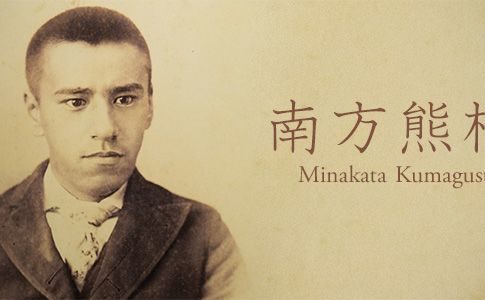
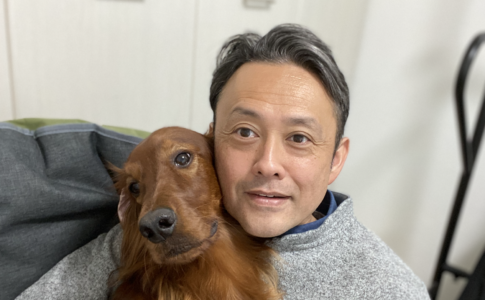
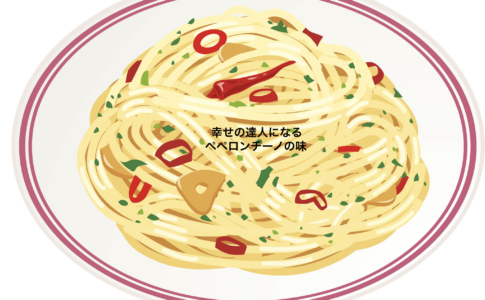
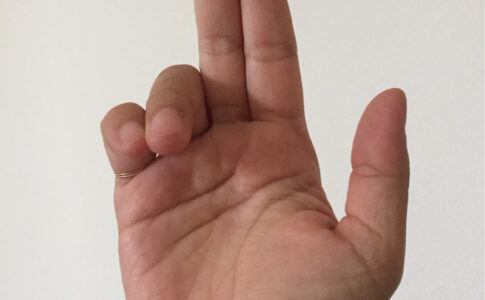
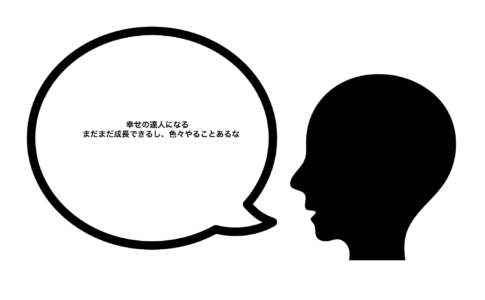

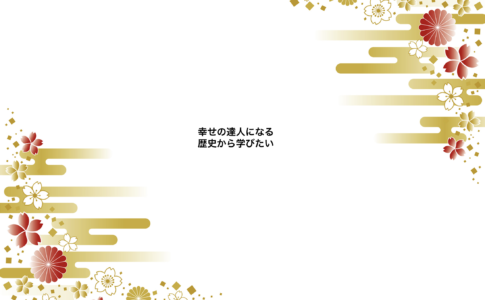
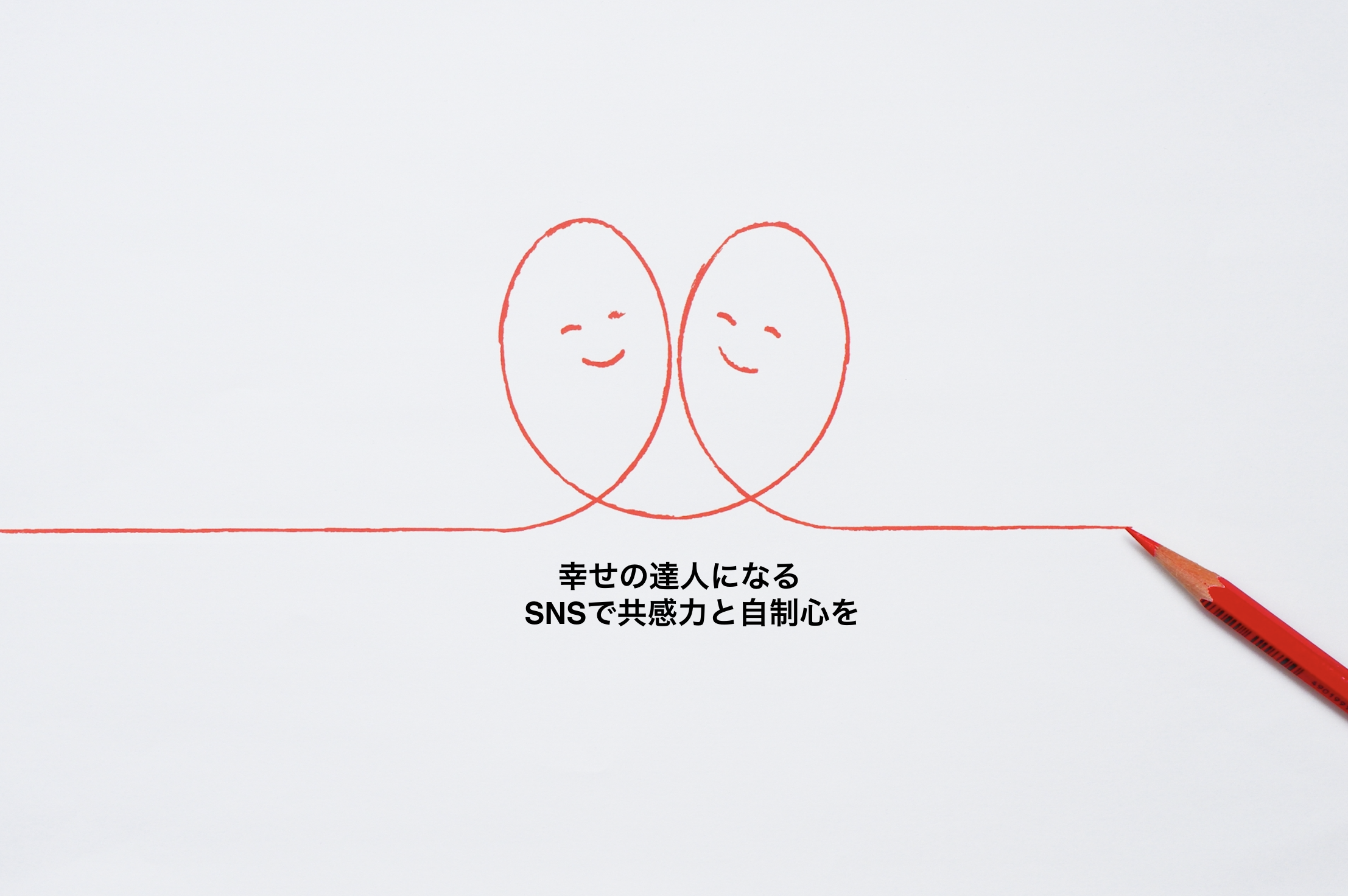


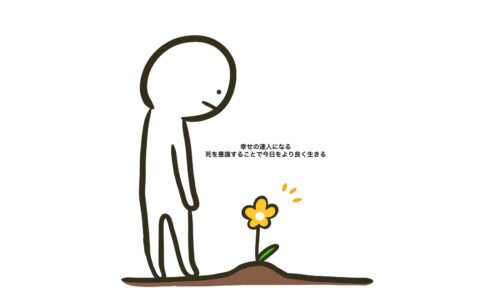


日本には型や道を極めようとする文化が古くからありますが、その精神を大事にしていきたいと思うこの頃です。